
Published:
Readtime: 3 min
Every product is carefully selected by our editors and experts. If you buy from a link, we may earn a commission. Learn more. For more information on how we test products, click here.
Software subscriptions in new cars are out of hand, and Volkswagen U.K. has just added itself to the list of brands charging money for otherwise included software by placing a horsepower paywall on its new £32,000 (approx. AUD$66,800) VW ID.3 electric vehicle in the United Kingdom.
According to the UK configurator, despite being capable of producing 170kW as standard, the brand has knocked 20kW off the peak power figure and locked it behind a subscription fee.
Engine power is 150kW as standard, and rises to 170kW if you activate the optional power upgrade for a fee. The brand will give you a one-month free trial as a tease, or you can pay a subscription (one month for £16.50, one year for £165 or outright for the car’s lifetime for £649). Hilariously, it auto-renews every month unless cancelled, and we wouldn’t be surprised if that’s turned on as part of the “free trial,” so watch out.
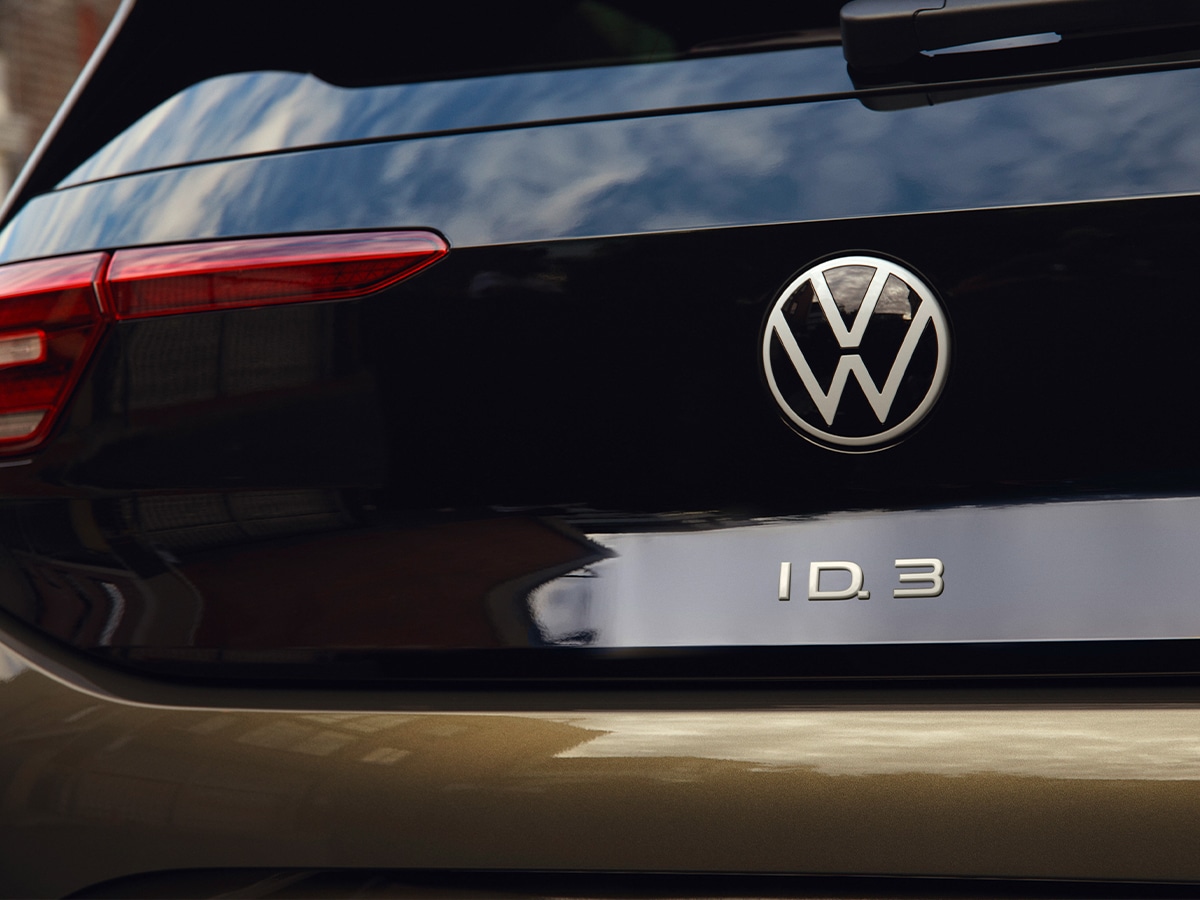
While we’ll focus on Volkswagen’s choices in this article, it’s not the only culprit for subscription features. Brands like BMW and MINI, Mercedes-Benz, and Tesla have become synonymous with subscription features—the latter still charges AUD$3,000 for an acceleration boost in its new cars.
These are particularly prevalent in EVs because they are permanently connected to the internet, thanks to their large battery. Often, the hardware differences between models are negligible. They often share parts to save on cost and are only an over-the-air (OTA) software update away from being the exact vehicle, which is why these subscriptions are so popular.
Still, subscriptions don’t only apply to EVs. Here in Australia, MINI charges a subscription fee for its MINI Connected services, which grant access to features such as High Beam Assistant, Real-Time Traffic Information, Map Updates, and all of the basic app functionality like remote air conditioning/heating. This is a sore point for many owners who weren’t made acutely aware of this before purchase, but have since lost features that they otherwise loved in their new car, forcing them to subscribe.
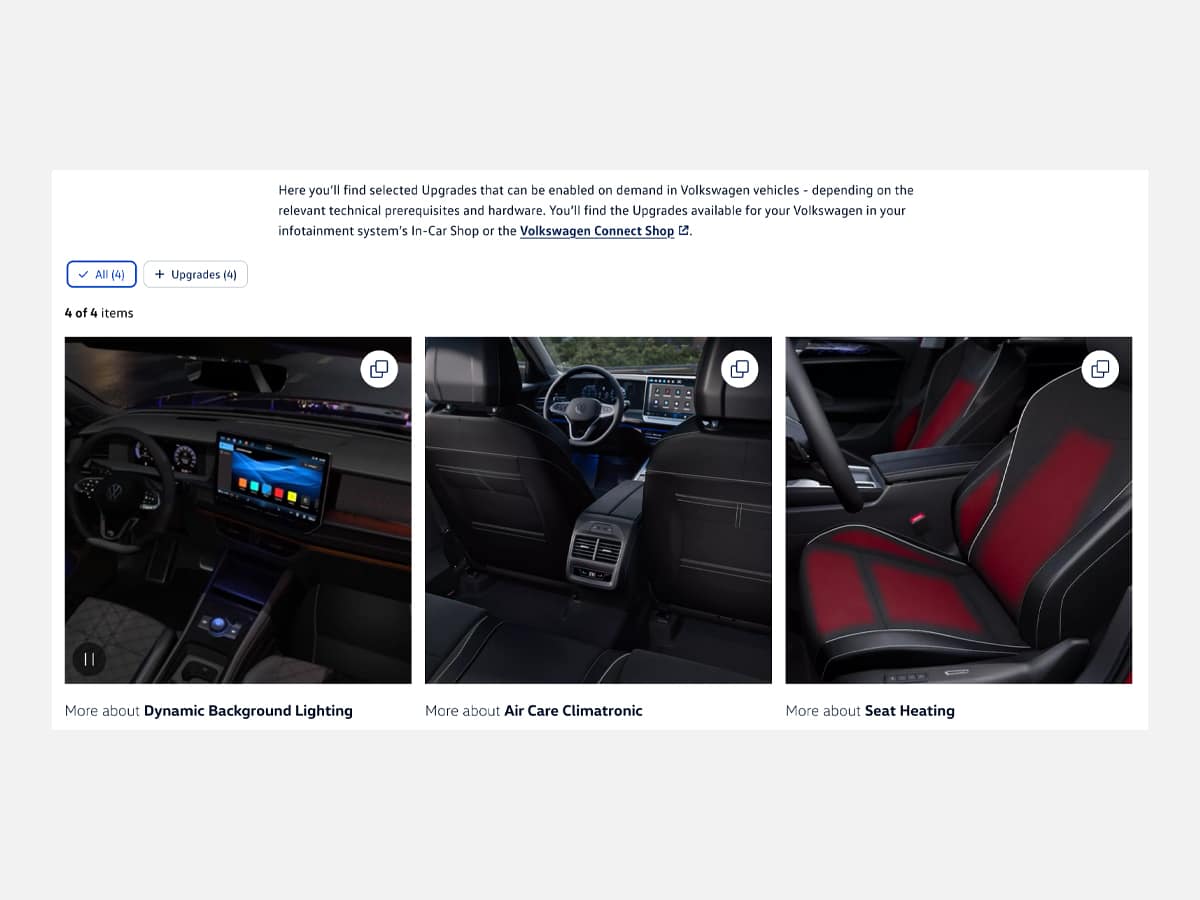
The Volkswagen U.K. penny-pinching doesn’t end there. Remember when BMW controversially started charging customers in Europe to use heated seats? Well, it appears Volkswagen hasn’t learned from BMW’s mistakes because not only has it paywalled power on the new ID.3, but it appears the brand is locking Seat Heating behind a subscription for 2026 VW Passat Life trim models too, according to the Connected Services page.
You would think purchasing a vehicle for tens of thousands, sometimes hundreds of thousands, would guarantee a fully functioning vehicle free from subscription. However, that’s simply not the case any more as cars are now roaming 5G hotspots with internet connectivity.
Our prediction? It will only get worse. That’s particularly true here in Australia, where new car prices are on a race to the bottom thanks to increased competition from China. Where legacy brands would traditionally add features and notch their prices up accordingly, they’re dropping the cost of their new cars and hiding more and more features behind subscriptions.
Brands have always made the vast majority of their money from servicing, but subscriptions—like your favourite streaming app—represent another cash cow. Tesla has proven that with its existing AUD$10,100 FSD Beta technology, and it’s only the first.


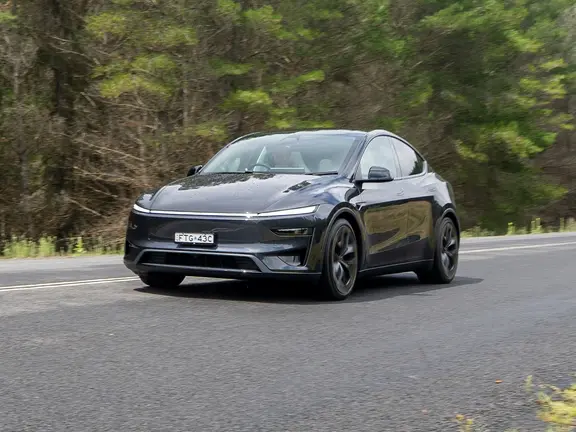





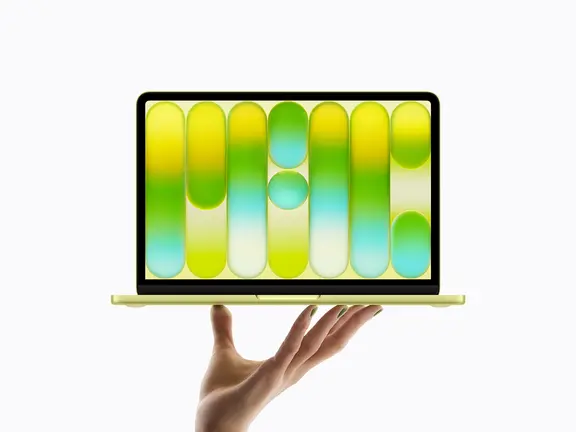



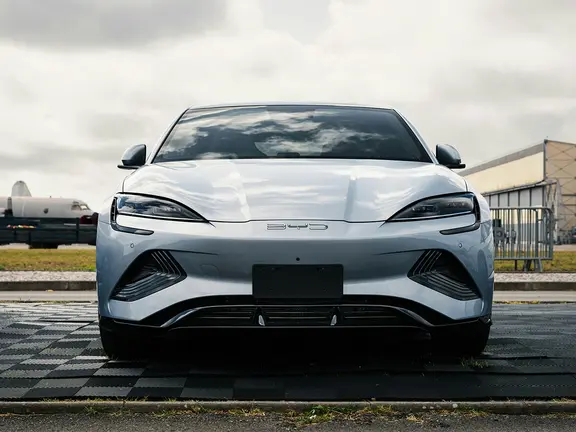




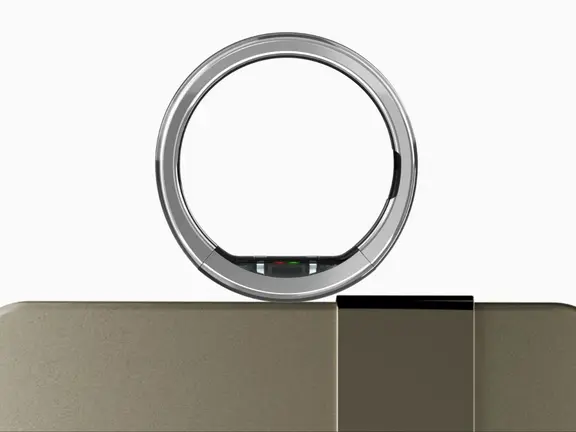


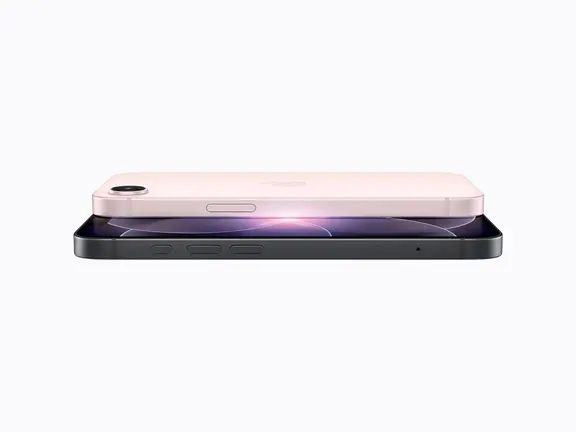

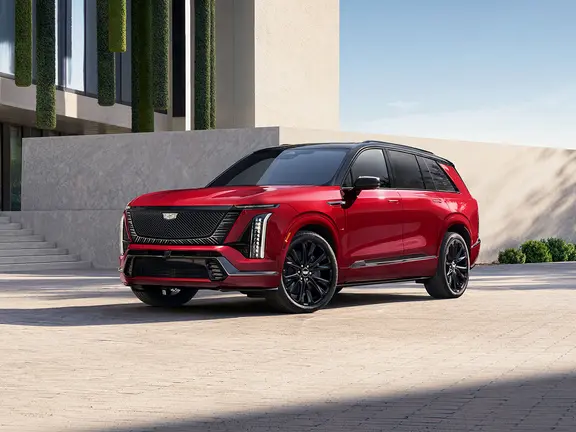

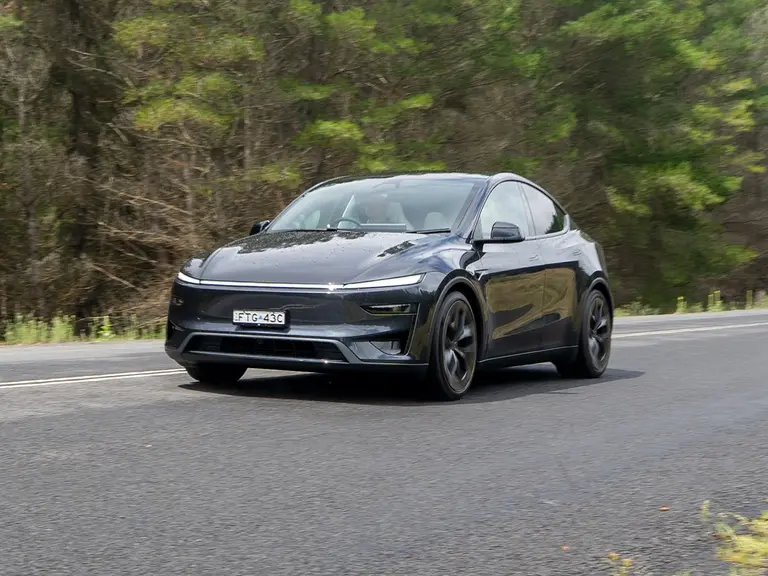




Comments
We love hearing from you. or to leave a comment.